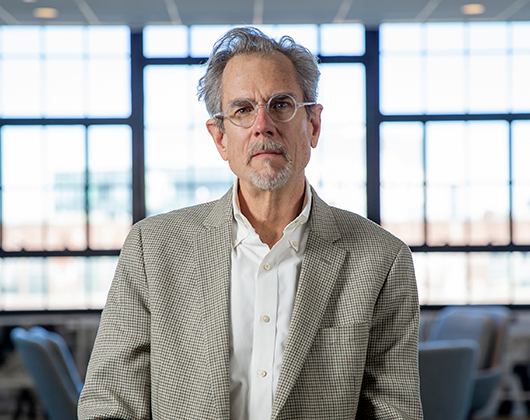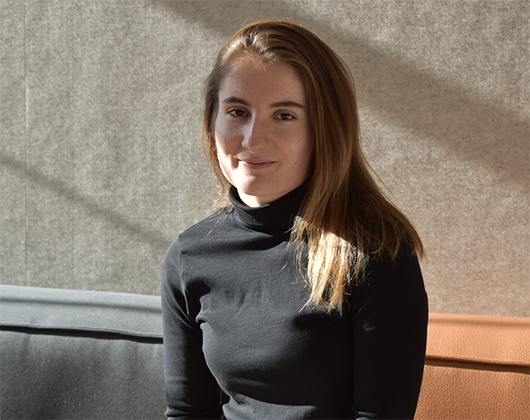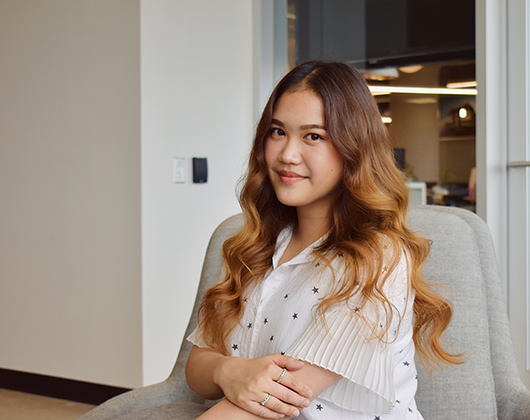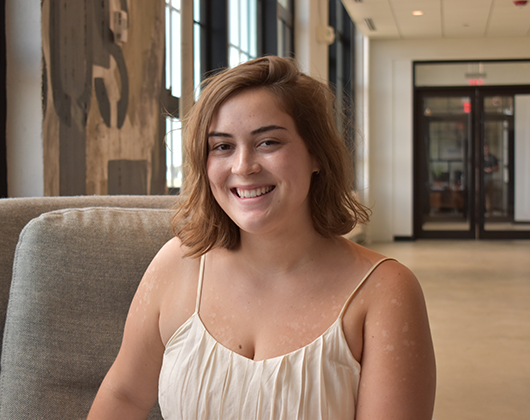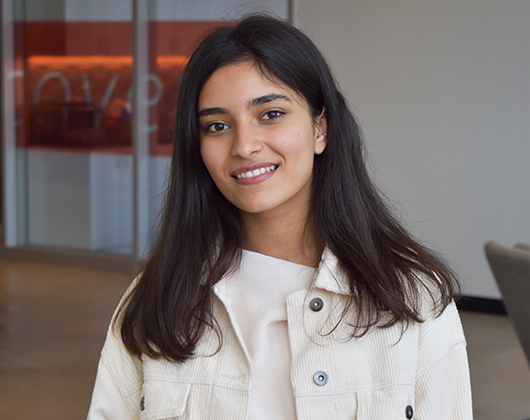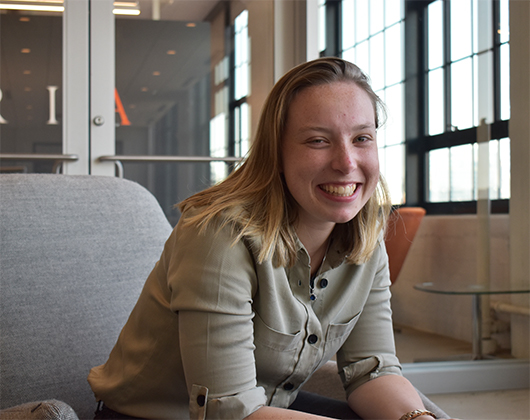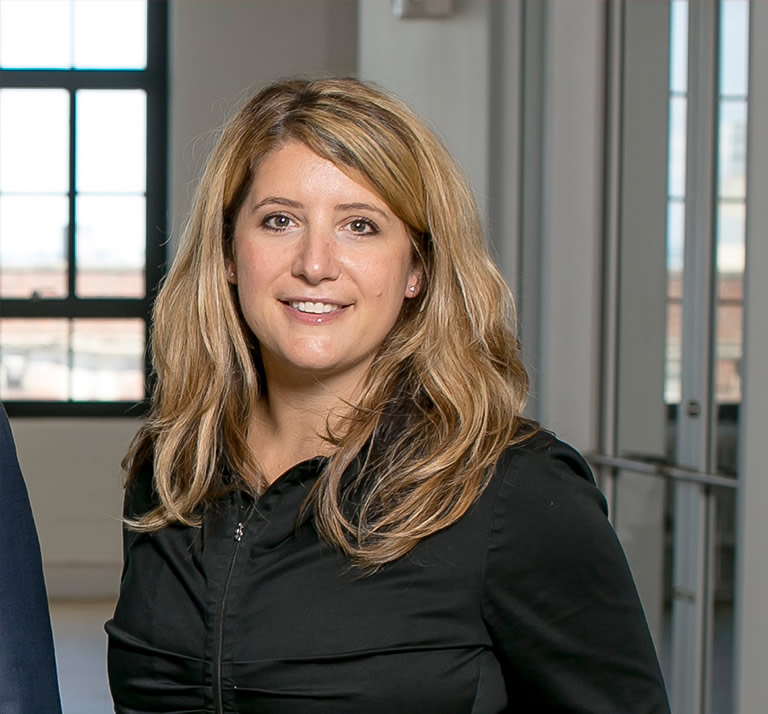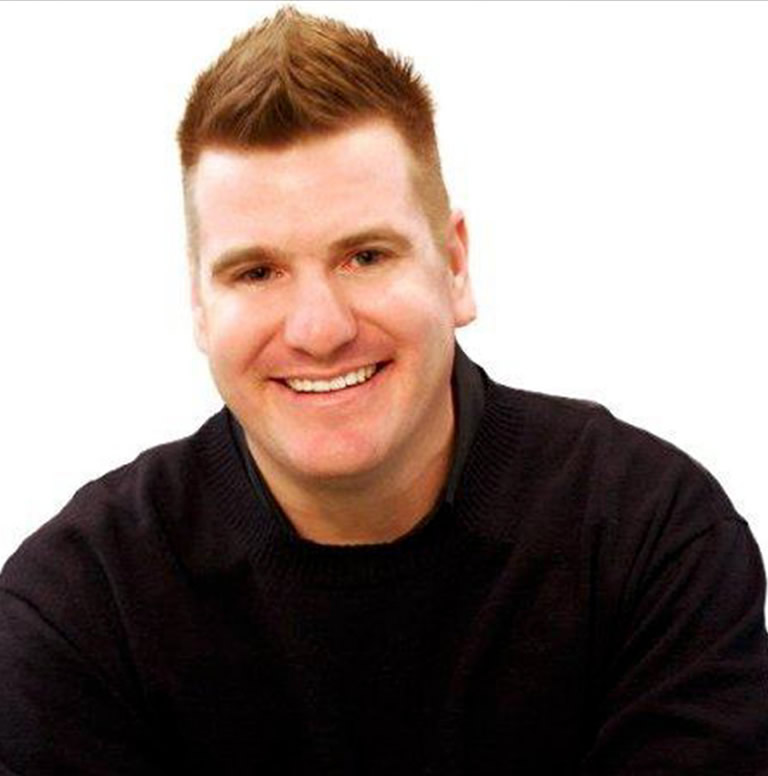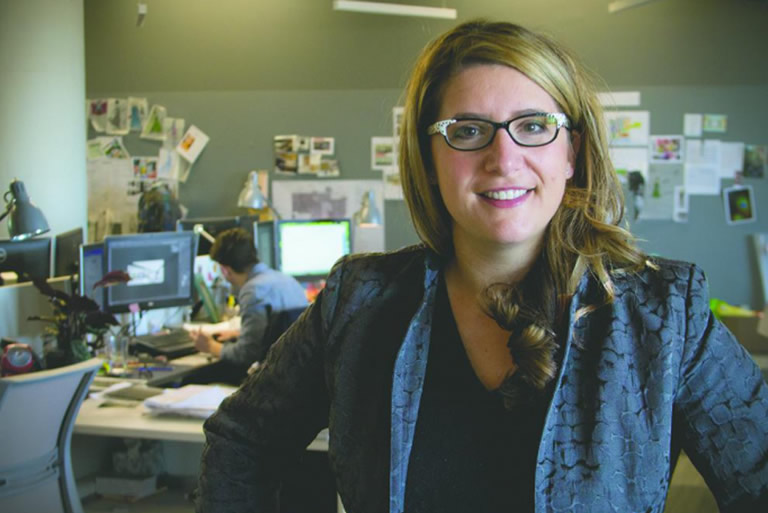Skilled life sciences planner brings extensive experience to the firm’s design leadership team
BOSTON – May 21, 2020 – TRIA, a partner-led architecture firm with a focus on science and technology organizations bringing new discoveries to the market, is pleased to announce that Edwin Hargrave, AIA, has been promoted to Associate Principal, Director of Integrated Design, Science and Technology. Edwin holds more than 30 years of experience in programming, lab planning, and design of complex research and teaching science facilities focused on discovery and collaboration, from programming through construction to completion.
TRIA leverages its own research practitioner experience and first-hand knowledge of scientific organizations to bring equal parts scientific rigor and focused client service that result in innovative design solutions. Edwin will join Lucianna Lucarelli Scordo, who has been named Associate Principal, Director of Integrated Design, Interior Design, in further establishing TRIA as a leader in the design of life sciences facilities focused on discovery. Edwin and Lucianna will holistically lead TRIA’s design team, ensuring the delivery of integrated research spaces and interior design, transforming spaces into beautiful, functional research communities that help companies thrive.
“Edwin’s extensive experience in managing the design process for complex science facilities has been pivotal in TRIA’s continued ability to deliver the best product to our clients,” said Sherwood Butler, Managing Principal of TRIA. “His attention to detail and successful execution has resulted in functional and culture-centric designs for our clients. Edwin will work hand-in-hand with Lucianna, continuing to establish TRIA as a leader in the holistic design of life sciences facilities. We are thrilled to see our colleagues grow with our company and look forward to Edwin’s continued contributions.”
Edwin’s portfolio includes Ivy League institutions such as Yale and Dartmouth College, and other notable academic research facilities such as the University of Virginia and Tufts University. Edwin received a Bachelor of Architecture and a Bachelor of Environmental Design in Architecture from North Carolina State University. He is a member of the American Institute of Architects (AIA) and has received multiple awards for his designs, including the AIA New England Merit Awards for Design Excellence, and Lab of the Year in recognition of the Woods Hole Oceanographic Institution.
About TRIA
TRIA practices the science of architecture. We combine a deep understanding of the unique needs of science-based organizations with decades of experience constructing spaces and places that enable those organizations to meet their goals. Using a principal-driven approach, we partner closely with clients to enable business success and advance new discoveries, in the lab and across the organization. Visit us on the web at http://tria.design/ and connect with us on Twitter, LinkedIn, and Facebook.



